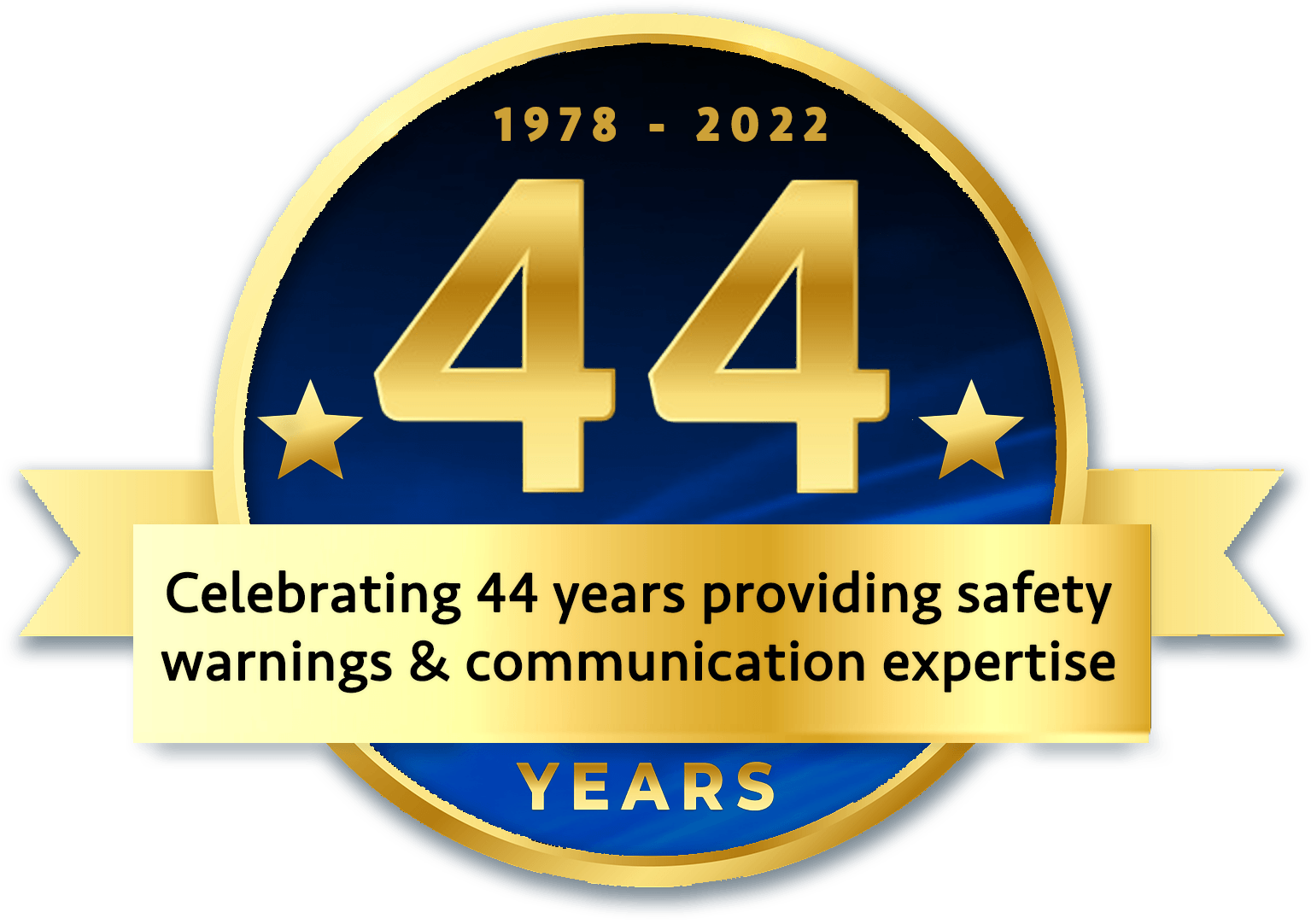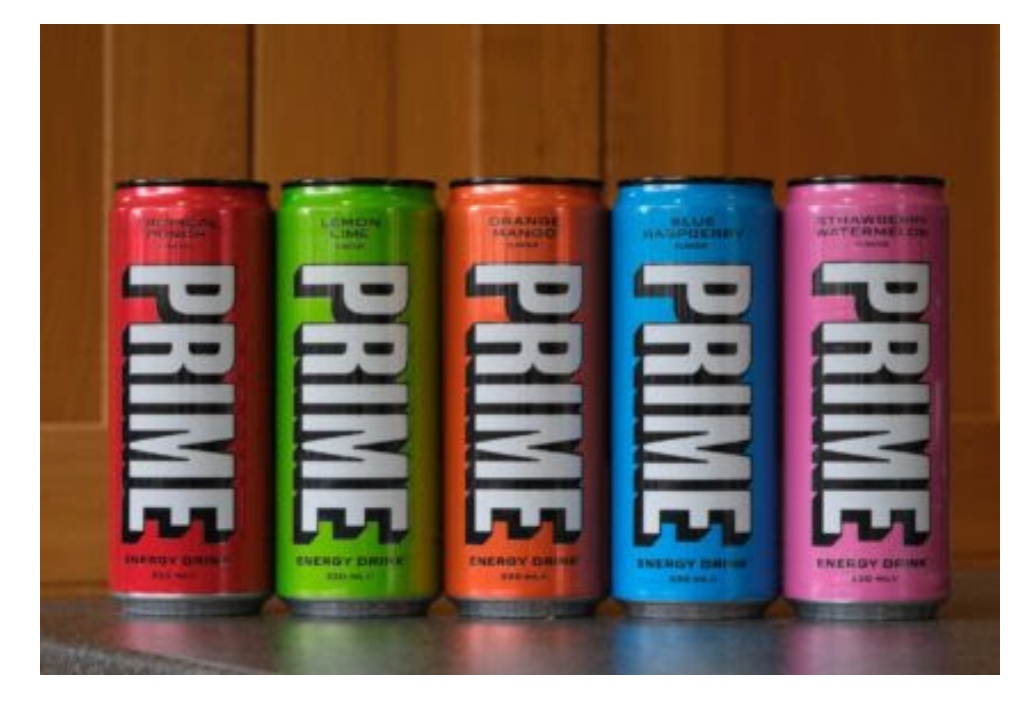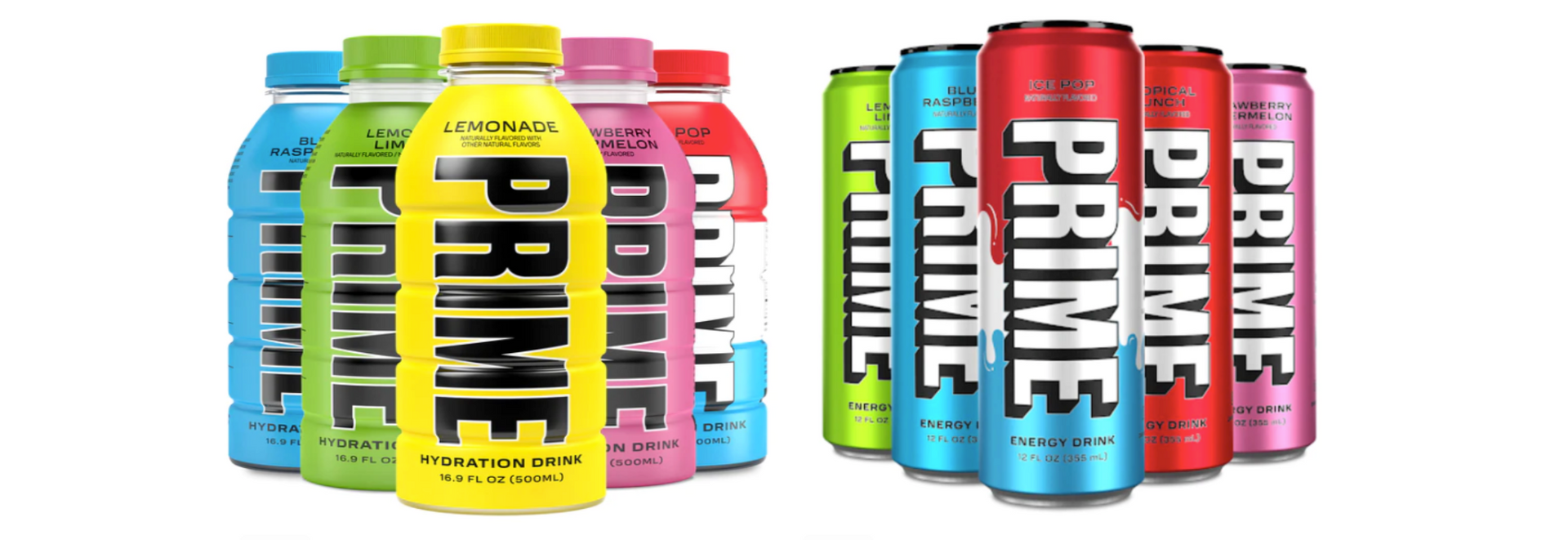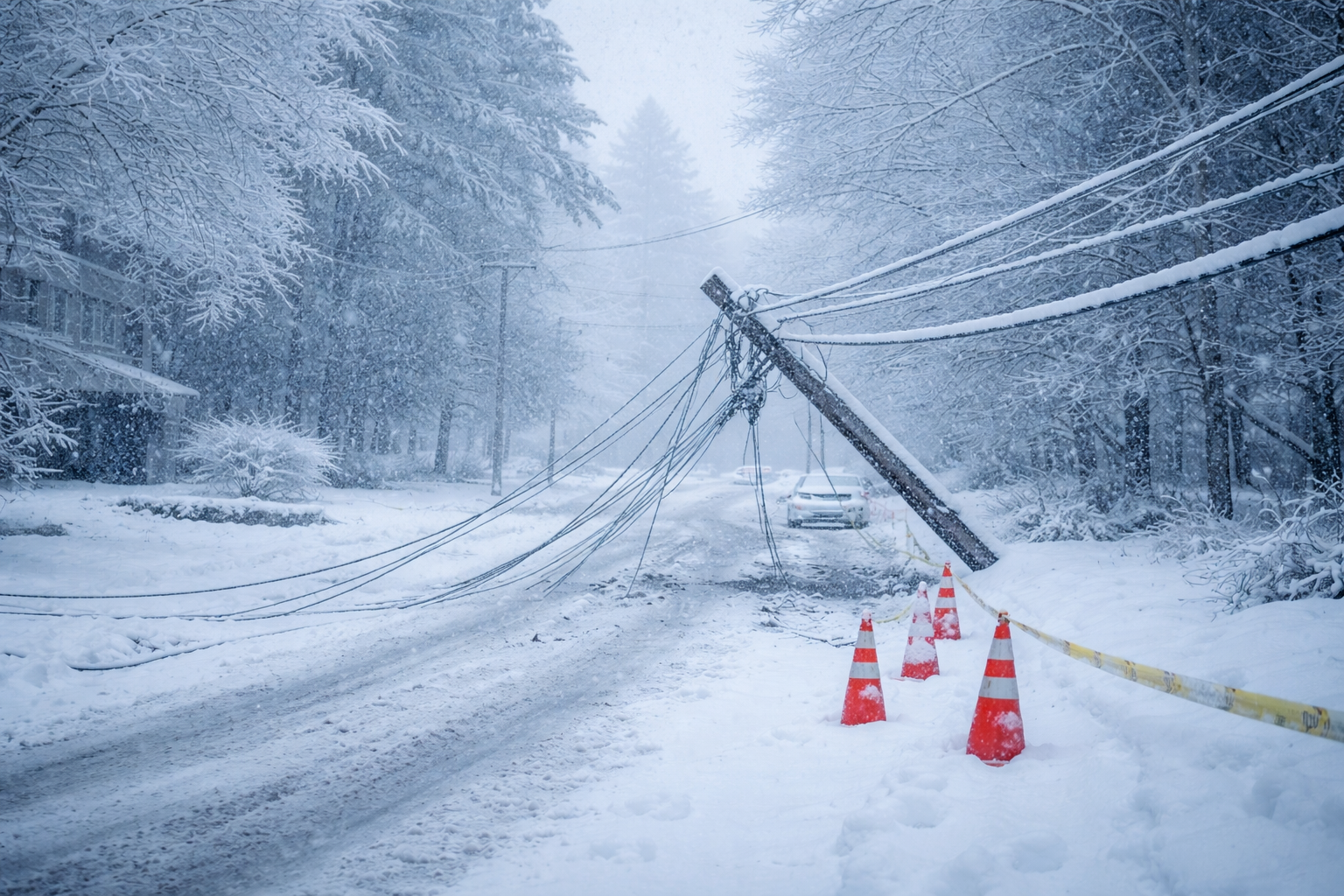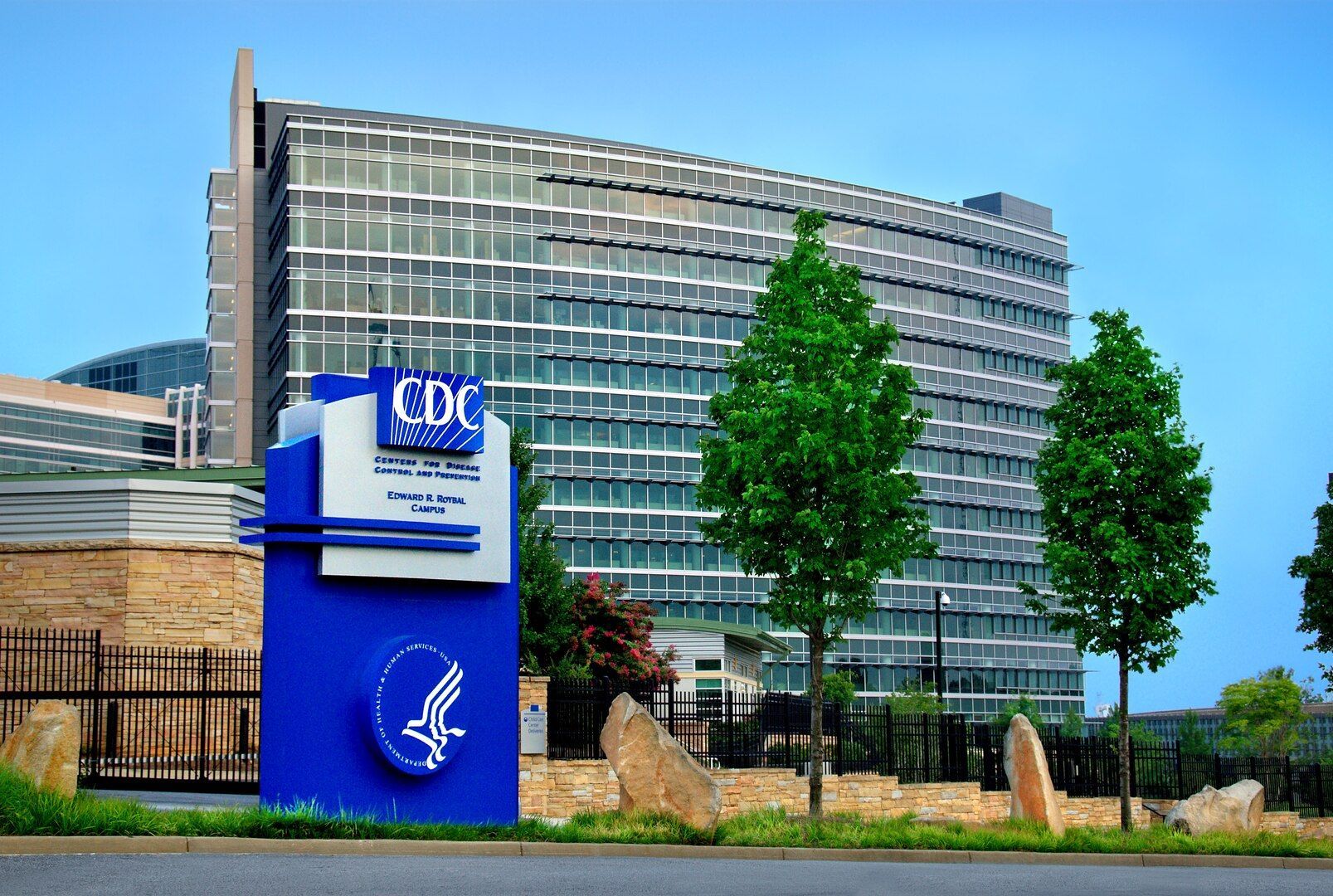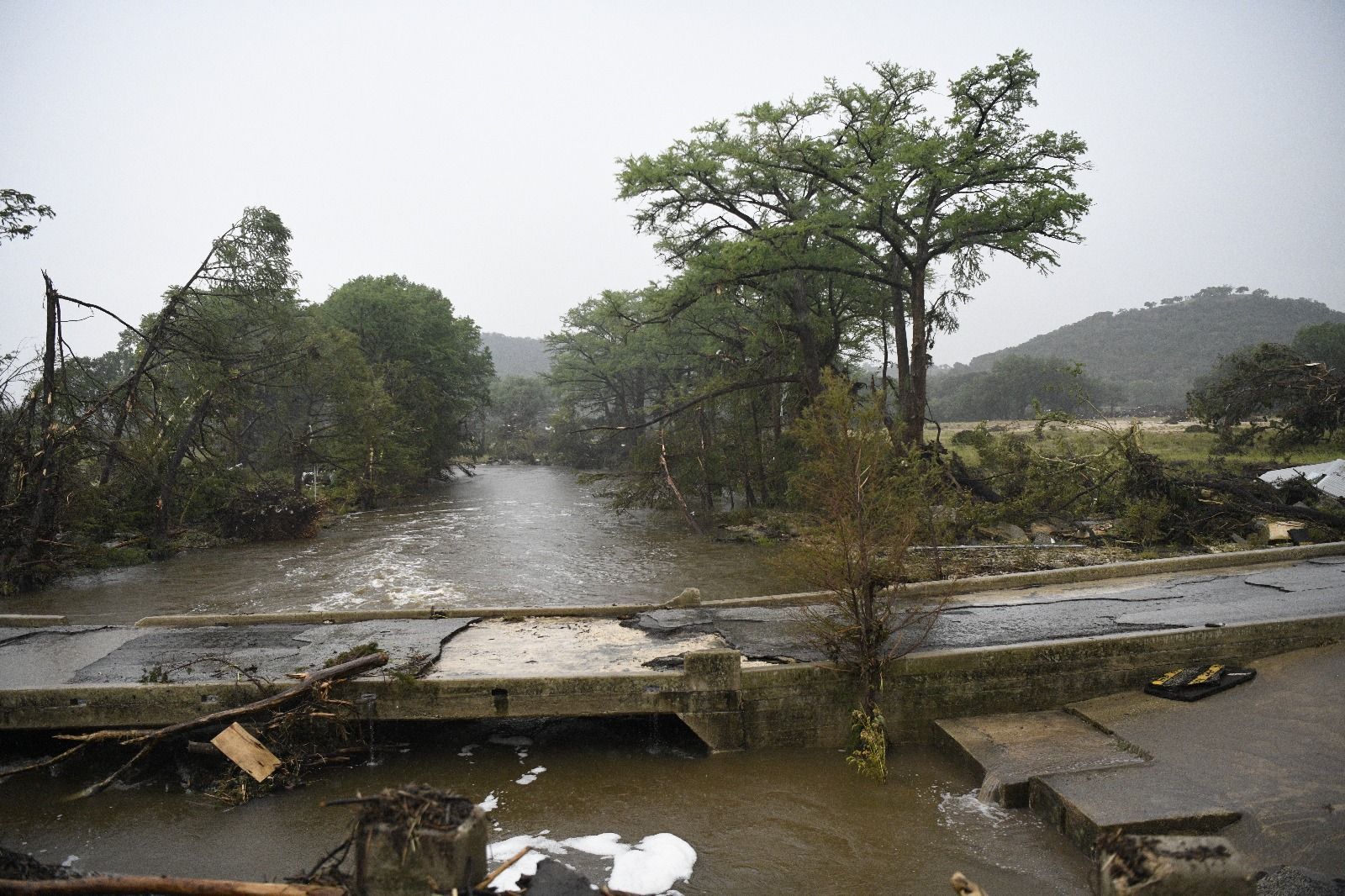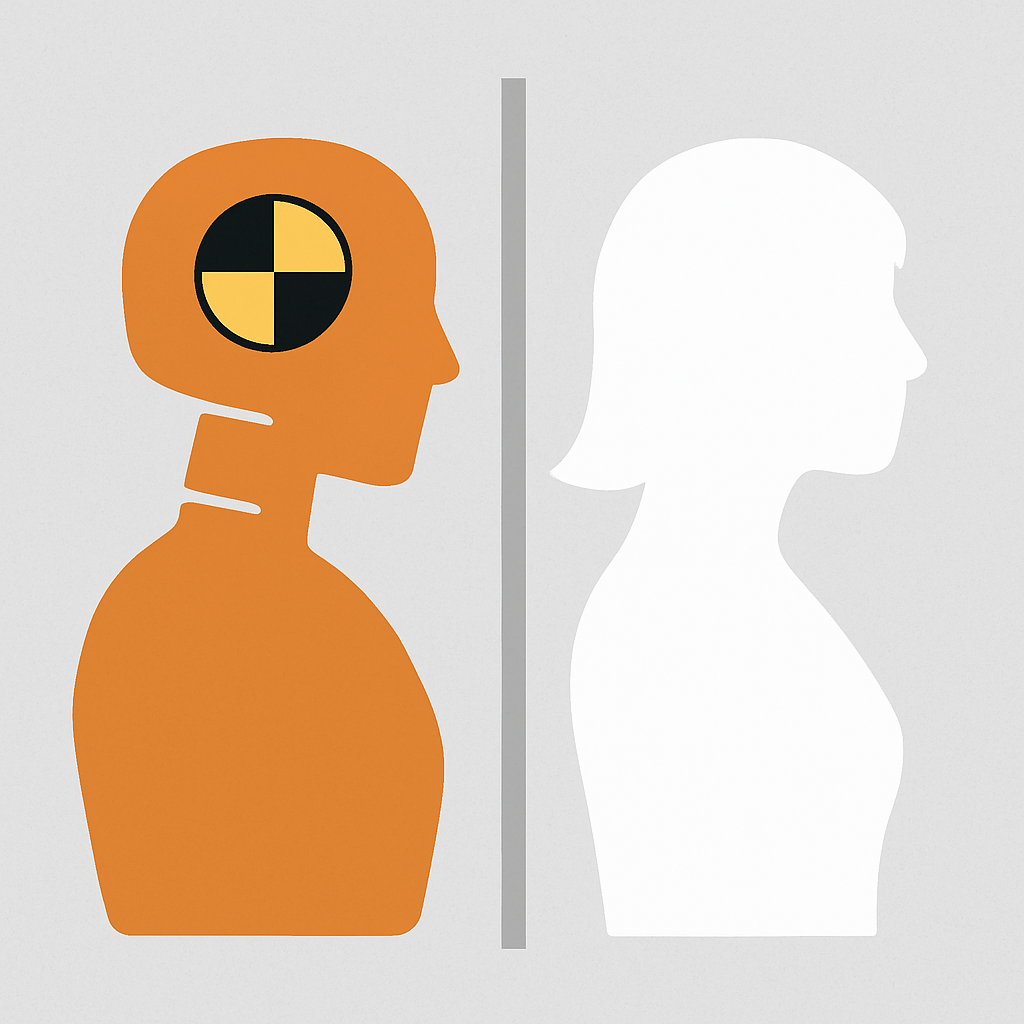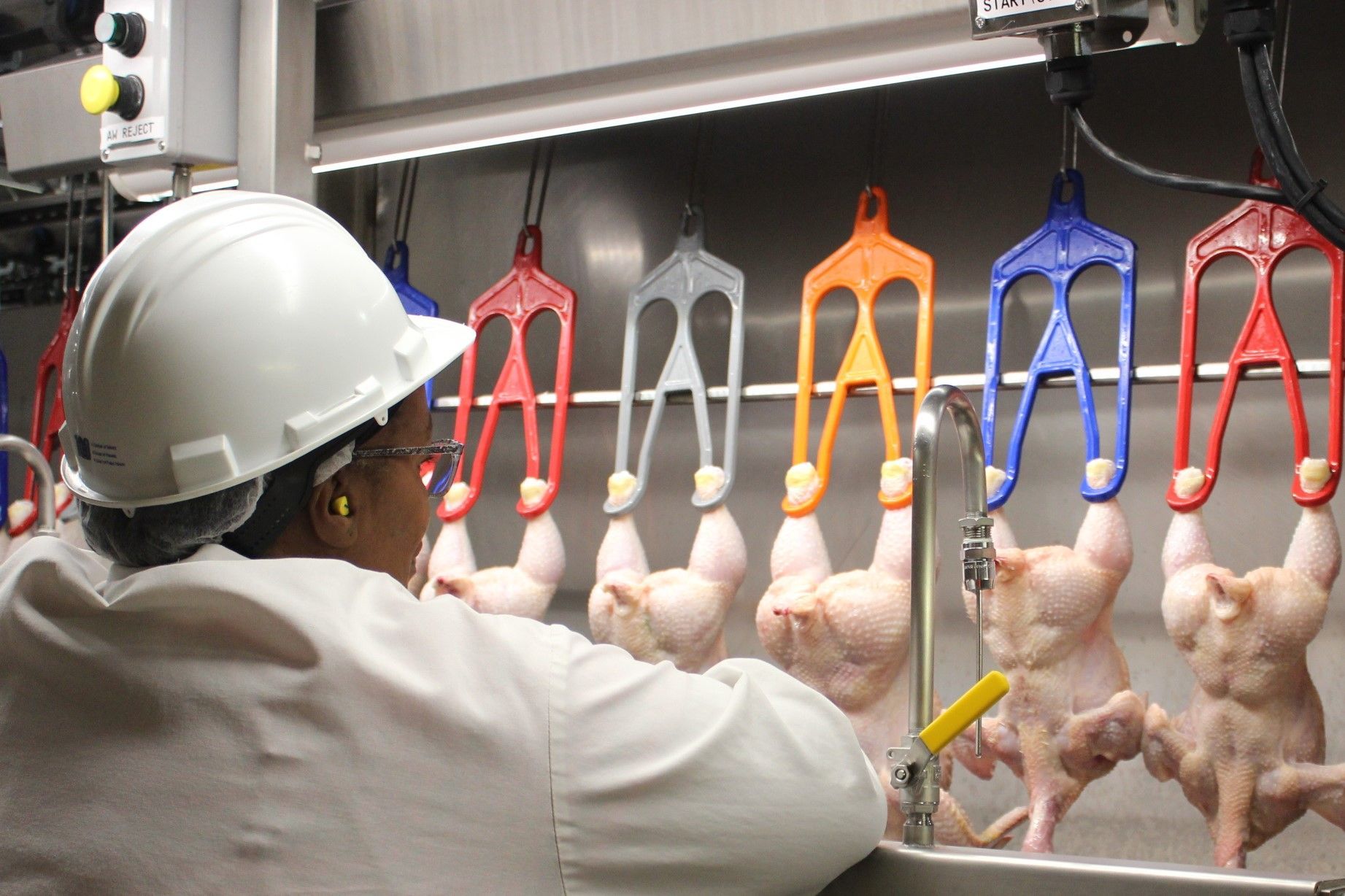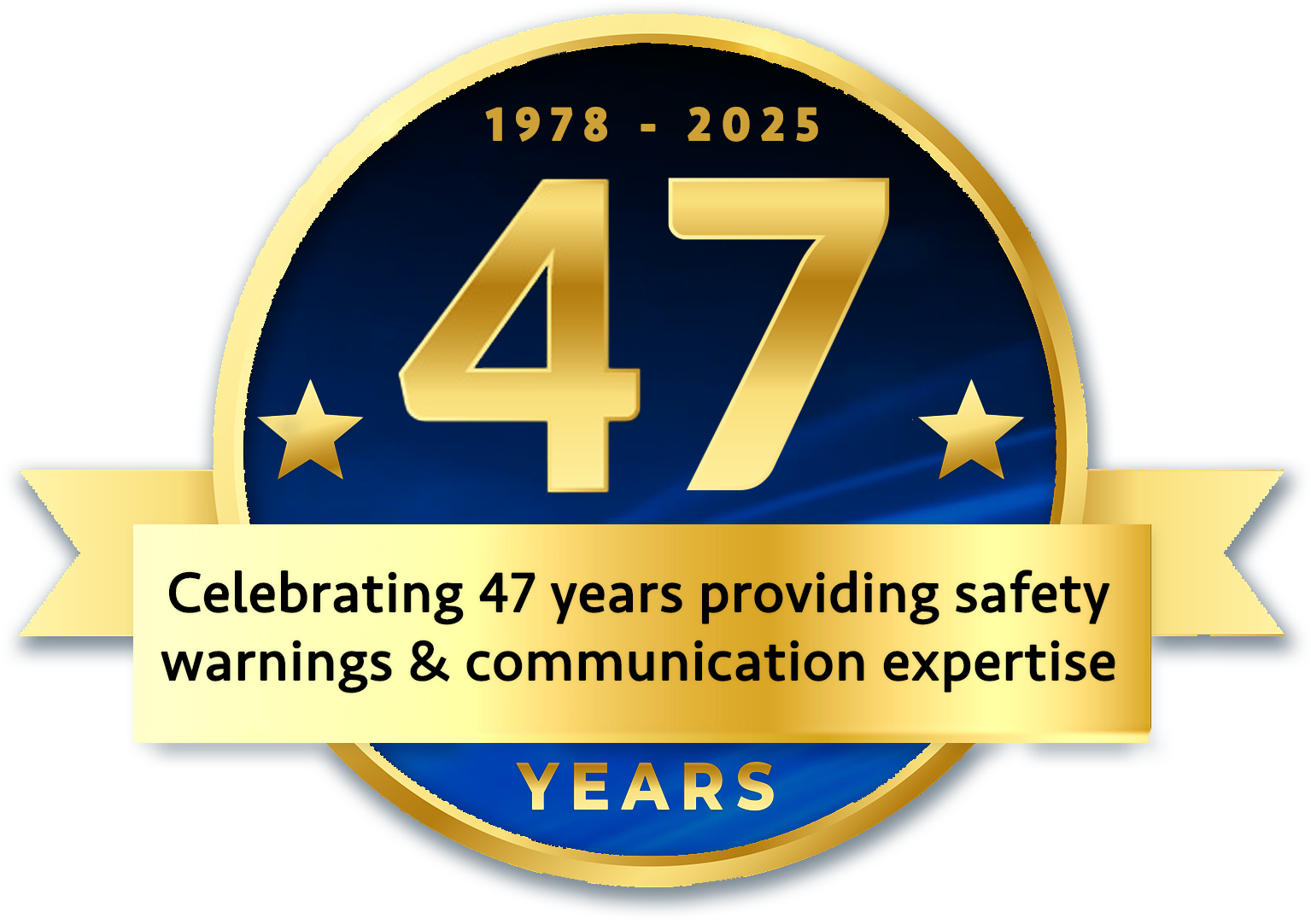A new energy drink has taken the market for such beverages by storm and have achieved a cult like status thanks in no small part to the fame of the beverage’s creators, YouTube stars Logan Paul and KSI, who together have over 40 million subscribers. The drink is branded Prime Energy and is a highly caffeinated beverage in brightly colored cans with flavors such as Ice Pop and Tropical Punch.
Now, some politicians and experts are raising serious concerns about whether or not the drink is safe for young people. No less a figure than Senate Majority Leader Charles E. Schumer (D-NY) has said that Prime's website lacks warnings and other information to help parents understand the "eye-popping" caffeine content in its drinks. Schumer wants the Food and Drug Administration (FDA) to investigate the company, which he claims is "feverishly" targeting children. I checked the website, and the Senator is absolutely right. There are NO warnings or any other safety information about the high amount of caffeine in the drink (200 mg/12 oz.can) or any admonitions about restricting its use among children. This is a direct quote from the front page of their website:
